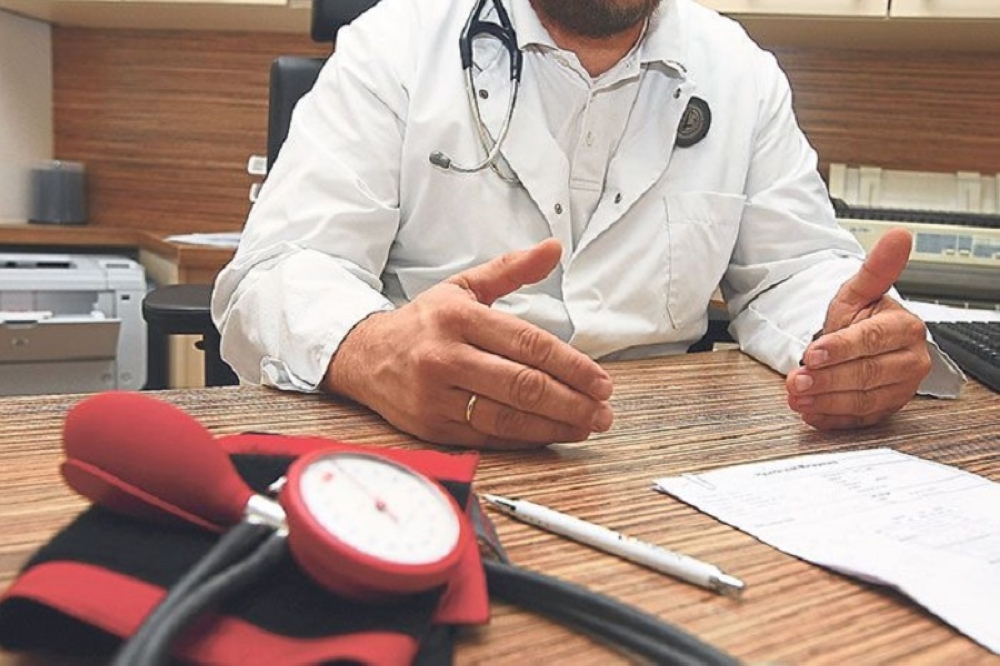NOV 27 — How does suffering change people?
I think having to deal with taking multiple blood sugar readings a day for the past few weeks has made me empathise more with people whose lives depend on it.
It feels like such a racket, these super cheap blood glucose meters, that need you to buy the refills just like how inkjet printers are cheap but you’ll spend so much more over time on ink.
The big difference is that choosing not to use my printer isn’t going to affect my health.
Single-use glucose strips can cost anywhere from RM35-RM80 for a box of 50 and you can’t use them interchangeably between brands or devices.
Continuous glucose monitors are so much more convenient but, alas, they’re just too expensive for most Malaysians as you’re paying RM200 or so every 14 days.
When every sen counts
I looked online for what people were thinking about glucose meters and the whole experience, and found people who were eager to share tips.
The brand I’m using costs more but has a very good app unlike cheaper alternatives.
Being able to sync my glucose readings to my Health app as opposed to entering them manually is convenient and lets me look at trends such as how what I eat or what I do (exercise, sleep, eat carbs) affects my blood sugar.
For other people, though, that extra is too much so they trade the data for savings because they need to spend money on other things such as diabetes medication.
Some even spoke about other things they did to save money on glucose tests such as reusing lancets despite it being more sanitary to change them with each use as well as their losing sharpness with each use.
Different versions of hell
This year I’ve seen more doctors than I have in the last five years.
The surgeon I saw for a second opinion quipped, after seeing my blood pressure records on my phone, that I seem allergic to doctor’s offices.
I don’t like hospitals; I hate the thought of being hooked up to an IV, remembering when, a long time ago, my IV line was blocked and a callous nurse, when called, did nothing more than snap her finger on it — causing me more pain.
It took a whole day for another nurse to finally fix my IV after I’d laid awake most of the night in pain.
I’d switched hospitals for the second time after my experience at my previous hospital was rather lacking, the doctor seeming too rushed, the admissions getting my procedure and its date wrong (listing it as an ordinary mammogram instead of a biopsy).
Perhaps it was just a busy day and the timing was off, but I decided that perhaps I needed a different hospital.
This time my doctor, a surgeon, took his time asking me questions about my health, patiently looking at my blood pressure and explaining to me a finding that my previous doctor had failed to mention.
There were breast calcifications spotted in my mammogram that the first hospital where I took my mammogram did not mention, neither did the other doctor I saw for a second opinion.
It was an important detail because while they are common, their presence, and their size and placement are indicators of possible breast cancer or precancerous changes to tissue.
My new doctor also advised a biopsy and said that the findings report would take several days, but reassured me by saying, “It’s better that it takes time to make sure they don’t miss anything.”
What happens when I do get my results is a problem for future me.
Right now, there is no point in worrying because what will be, as that old Doris Day song says (which I don’t think Gen Z even knows), will be.

No epiphanies here
I think my time at various hospitals mattered.
Besides the obvious — it made great column fodder — it made me think about, beyond my own health, the state of things where healthcare is concerned.
If I felt overwhelmed at times dealing with my health issues, what must it be like for other people?
At times I had moments of stress crying because of all the decisions I needed to make so if it felt hard for me, it has to be harder for a lot of Malaysians.
“What do I do?” I see that question online, on message boards, on social media.
What will I do with this experience?
I want to find out more about the things that are working, what people can do besides what they can’t.
I also want to believe we will figure something out in the next few years to deal with future healthcare needs.
There are still stories to tell, and people to help, whatever tests may come because in the end isn’t that life?
On to the next healthcare adventure.






















